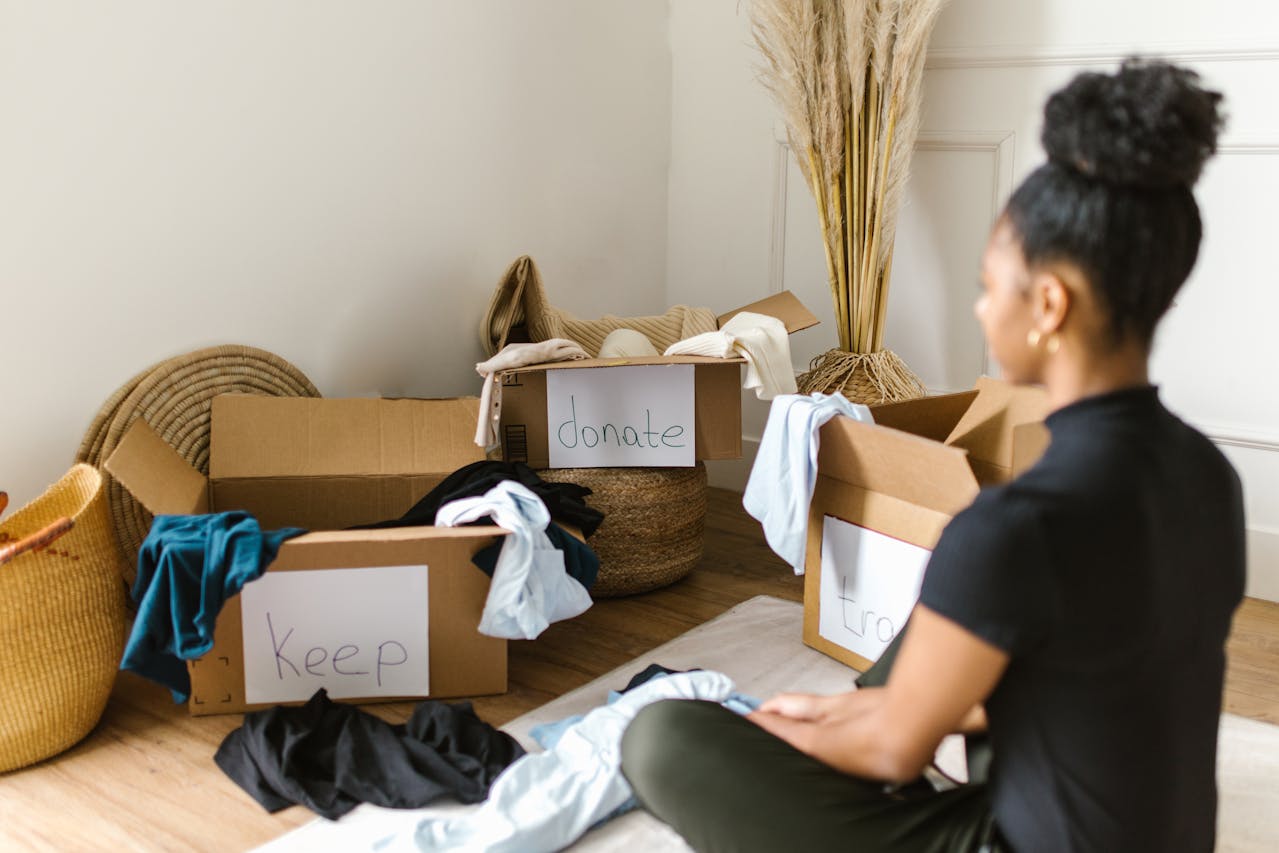Some household items should never go in the trash. They can start fires, leak toxins, or break local rules. The good news is most have free drop-off or store take-back programs. Use city hazardous waste days, retail collection boxes, or manufacturer returns. The list below explains what to do and why it matters in plain steps. Keep a small bin for these items so you do not toss them by mistake during busy cleanups.
1. Lithium batteries and power banks
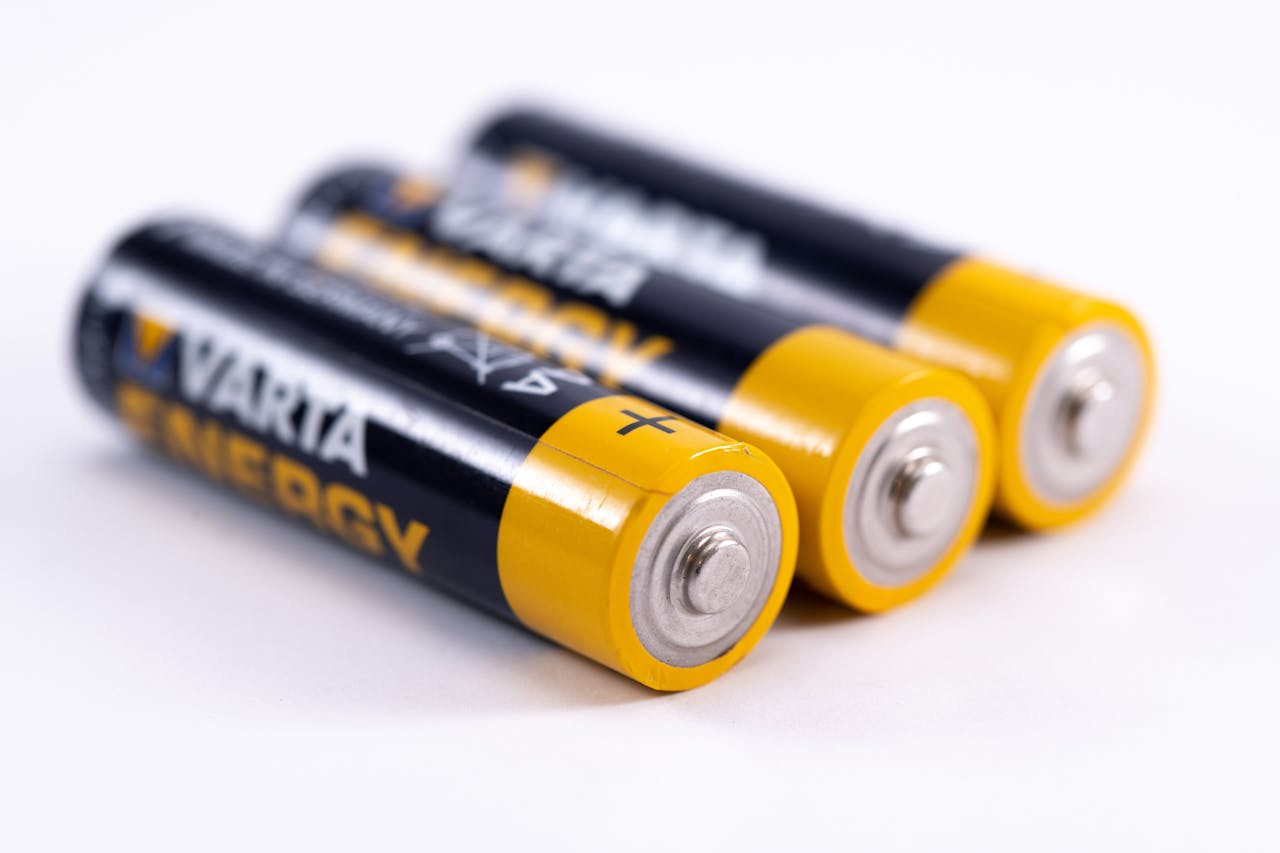
Do not put loose lithium batteries or power banks in trash or curbside recycling. If crushed, they can spark and start fires in trucks or sorting lines. Tape each battery’s terminals with clear tape and bag them. Take them to battery recycling boxes at hardware or electronics stores or to your city’s hazardous waste site. Remove batteries from toys and remotes before you bin those items. Keep batteries dry and cool at home until drop-off day.
2. Old phones, chargers, and small electronics
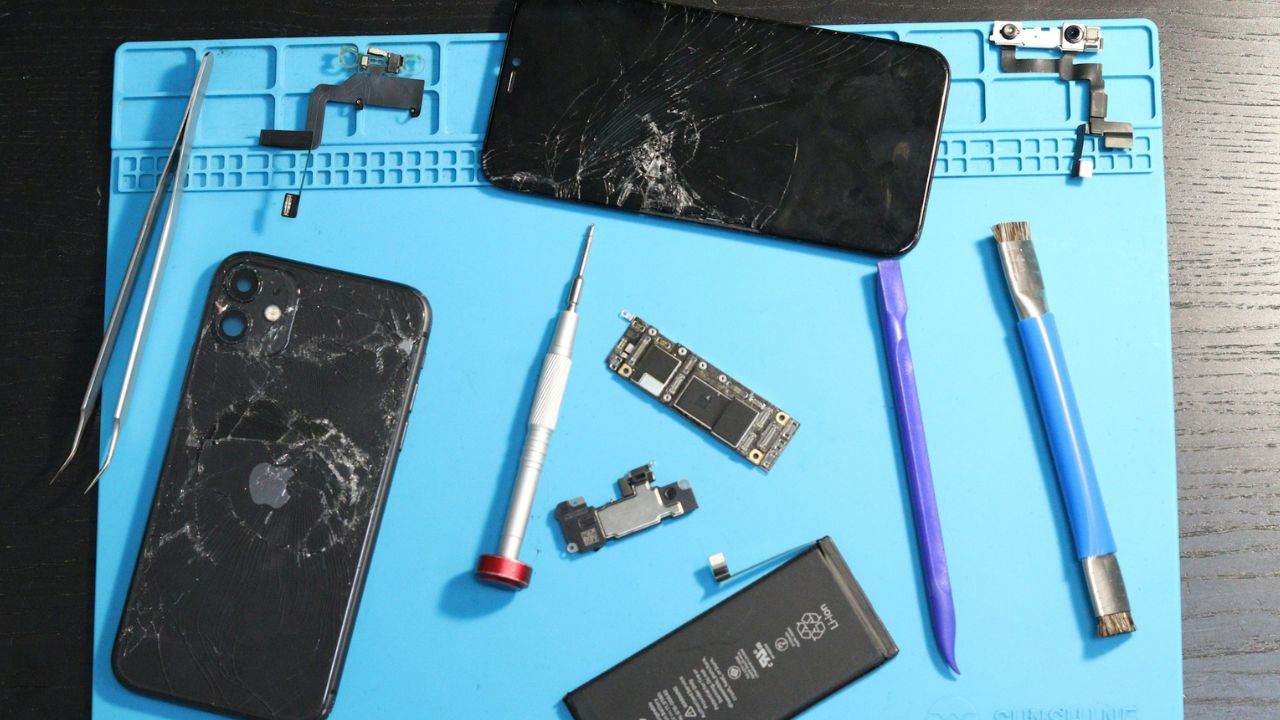
Phones, vapes, e-readers, cameras, and many toys hide lithium cells. Tossing them risks fires and leaks. Most electronics stores, city depots, and manufacturer mail-backs accept small devices and cables for free. Back up data, sign out of accounts, and do a factory reset before you recycle a phone or tablet. Bundle loose chargers with a rubber band so they do not tangle the line. If a device is swollen, place it in a fire-safe container and take it to a staffed site.
3. Fluorescent bulbs and CFLs
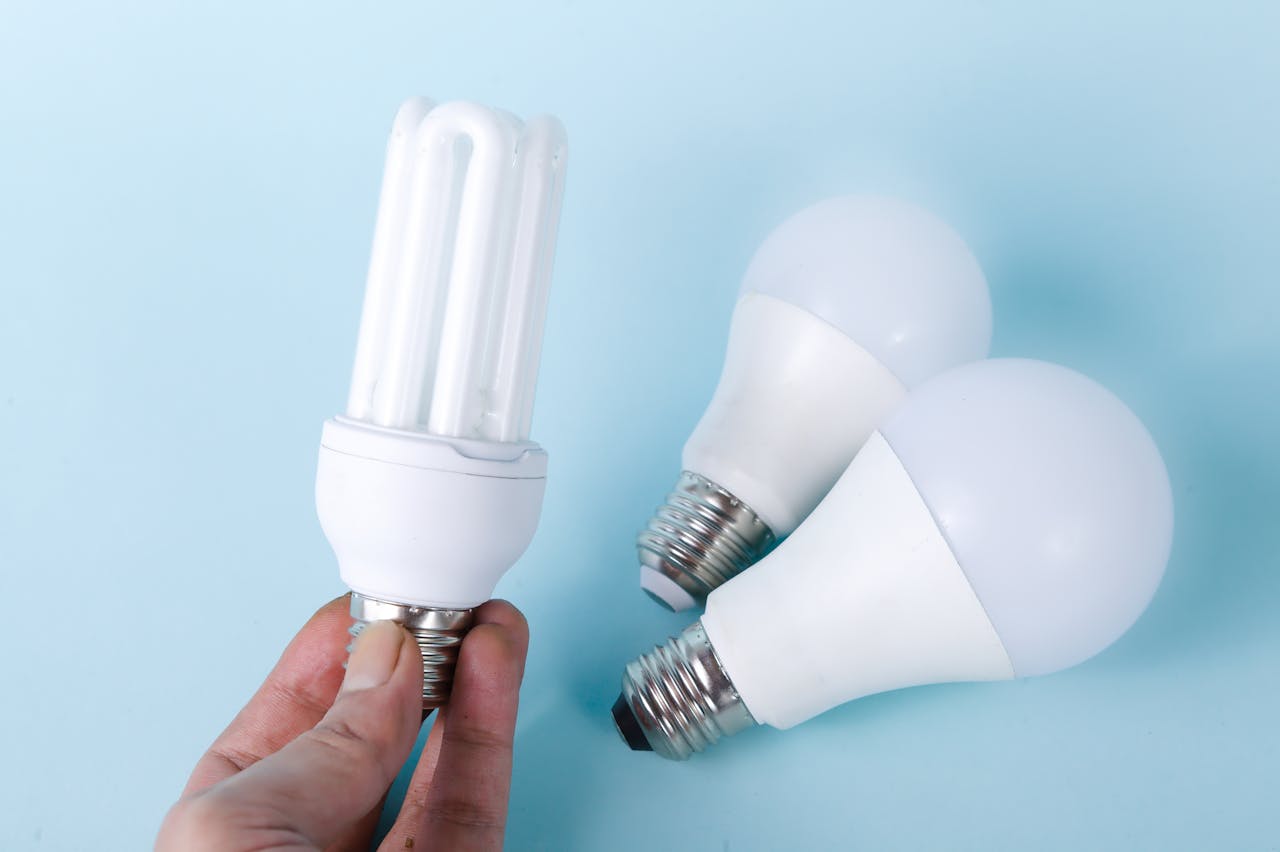
Fluorescent tubes and CFL bulbs contain a small amount of mercury vapor. Never put them in household trash. Keep the bulb unbroken, place it in its sleeve if you have it, and bring it to a home center or hazardous waste event that accepts lighting. If one breaks, air out the room, avoid vacuuming right away, and pick up fragments with stiff paper and sticky tape. Switch to LED bulbs next time; they use less energy and contain no mercury.
4. Prescription and over-the-counter meds
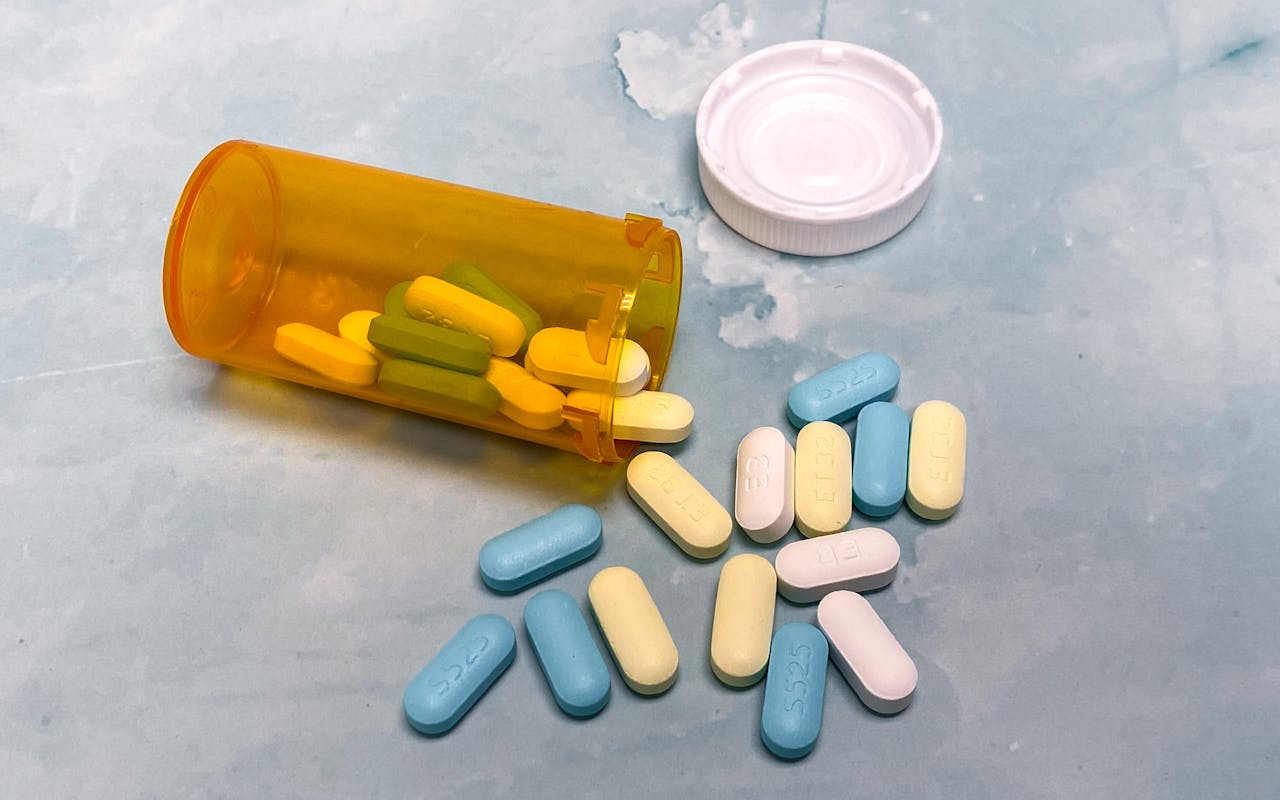
Do not flush medicines or throw them in the trash. Drugs can enter water or be misused. Use pharmacy take-back kiosks, police station drop boxes, or your city’s collection events. If no program is available, mix pills with coffee grounds or cat litter in a sealed bag and put that bag in the trash, then remove personal info from bottles and recycle the plastic where allowed. Keep medicines in a locked spot at home until you can drop them off.
5. Leftover paint, solvents, and thinners
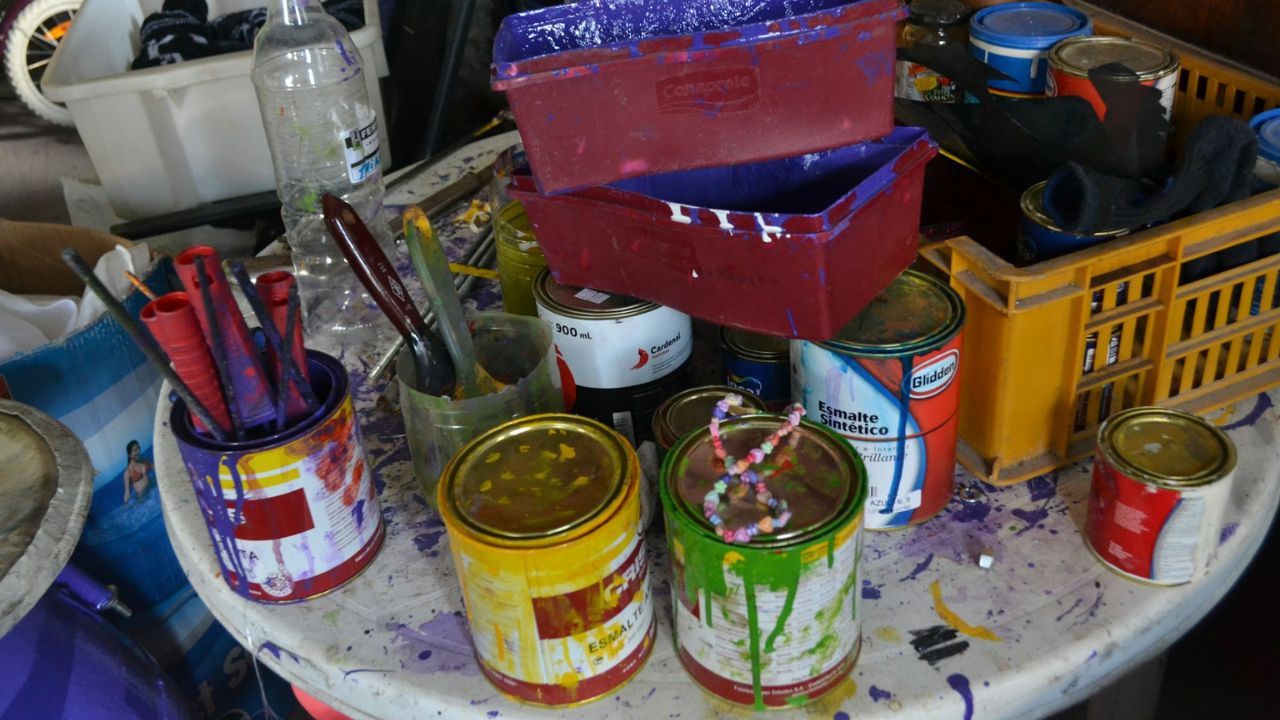
Liquid paint and solvents do not belong in household trash. Many states run paint drop-off programs at paint stores; city hazardous waste sites also accept oil-based paint, thinner, and stripper. For small amounts of latex paint, some cities allow you to dry it fully with kitty litter and then dispose of the solid can with the lid off. Always check local rules first. Never pour paint or solvent down a drain or storm gutter. Store cans upright until drop off.
6. Aerosol cans and propane cylinders
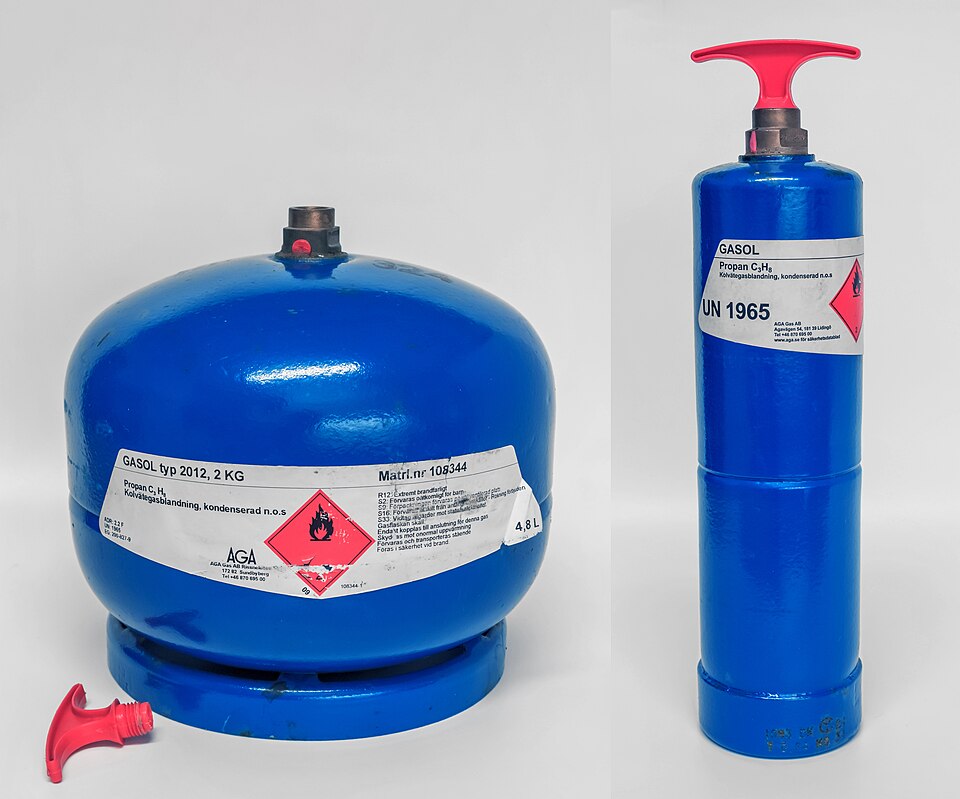
Full or partly full aerosol cans are pressurized and can explode if crushed. Do not toss them. Take leftover spray paint, cleaners, or bug spray cans to the hazardous waste collection. Empty household aerosols may be recyclable in some cities, but only if the can is empty and your program accepts them. One-pound propane cylinders used for camping need special handling at a drop-off center or exchange. Keep all cylinders upright and out of heat until you can return them.
